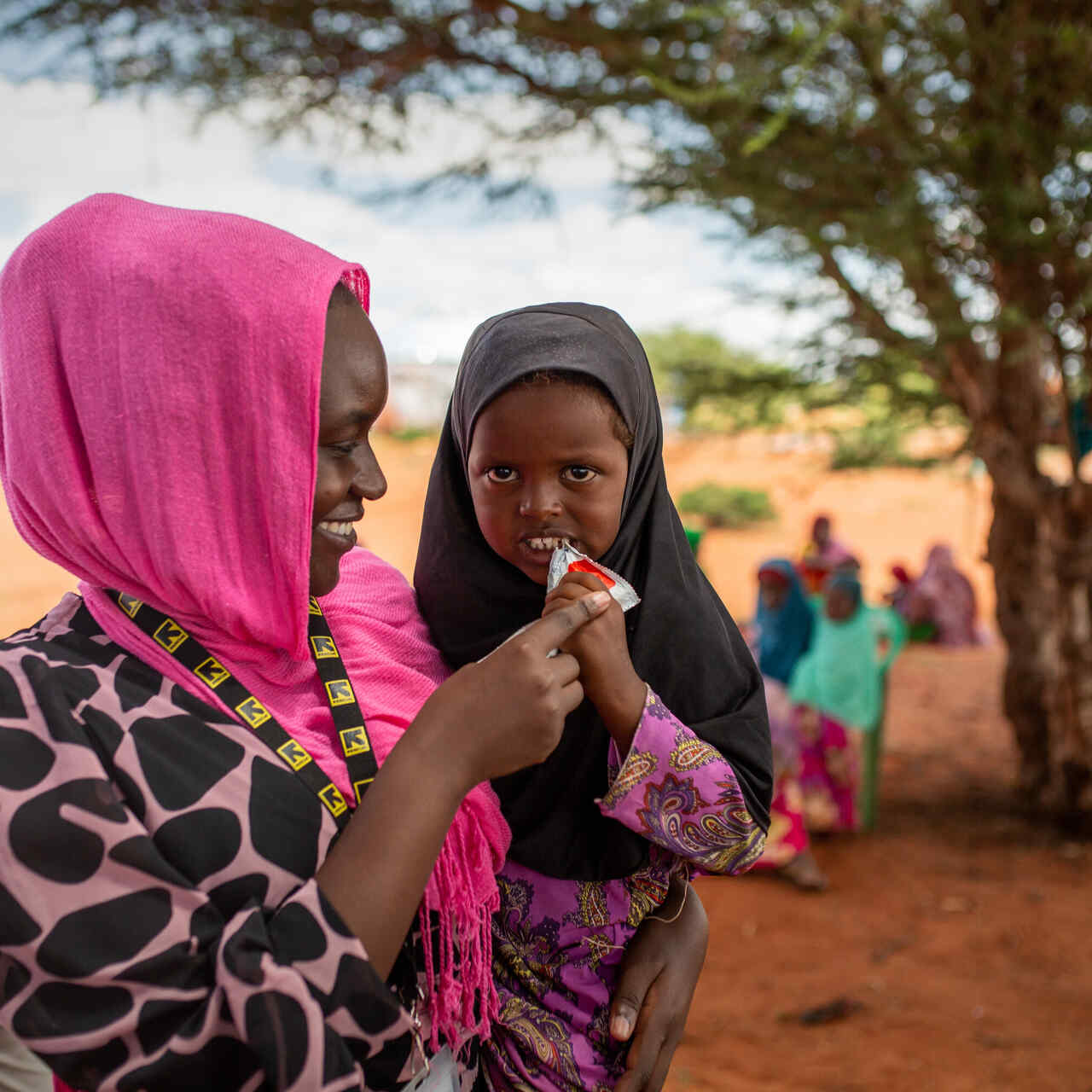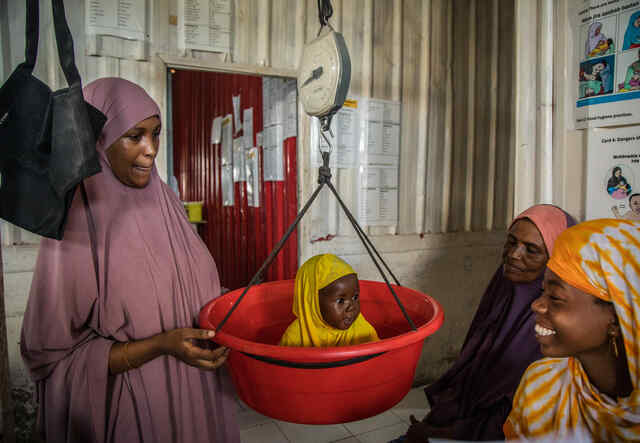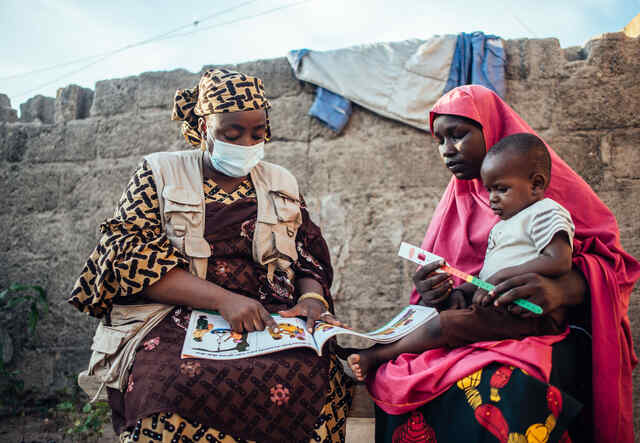
Three ways to tackle world hunger
There is a global hunger crisis happening now. Here are three ways we can tackle it ahead of the Global Food Security Summit.

There is a global hunger crisis happening now. Here are three ways we can tackle it ahead of the Global Food Security Summit.
There is a global hunger crisis happening now. The impacts of climate change, conflict and poverty are contributing to increasing food shortages affecting 345 million people around the world. Children are especially vulnerable, with two million under five expected to die as a result of malnutrition this year. The good news is that new approaches to tackle world hunger, based on proven, scalable solutions are available.
Here are three ways we can tackle food insecurity:
Each year, two million children under five years old die as a result of acute malnutrition, otherwise known as wasting. Wasting is responsible for 1 in 5 deaths in children under the age of five. These deaths are preventable but many children do not have access to treatment.
How IRC is improving access to malnutrition treatment:

The effects of climate change are compounding an unprecedented global hunger crisis. For example, 22 million people need food assistance in East Africa where prolonged droughts followed by floods are destroying crops and livestock. New approaches are needed to support these climate vulnerable communities.
How IRC is supporting climate adaptation:

Governments and international organisations often fail to understand the complicated needs on the ground when it comes to tackling hunger. Partnerships with local experts are key to tackling these problems, especially in countries where conflict exacerbates a challenging situation. Empowering local groups also means that those most impacted by hunger – women and girls – are involved in decision making and delivery of support.
How the IRC is taking a people-first approach to food security:
The International Rescue Committee (IRC) help people affected by humanitarian crises to survive, recover and rebuild their lives. Founded in 1933 at the call of Albert Einstein, we now work in over 50 crisis-affected countries as well as communities throughout Europe and the Americas.